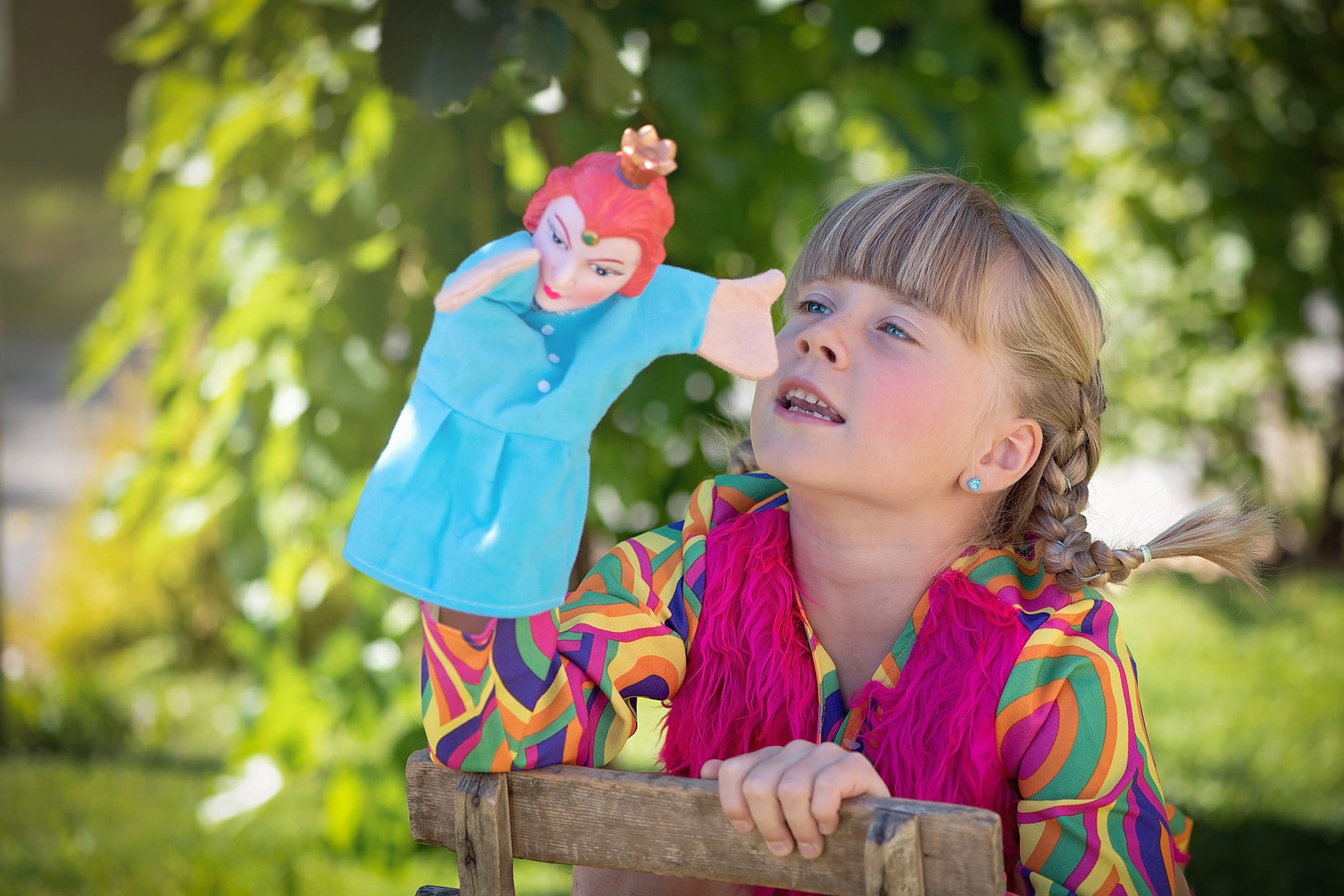
21 Nov How can parents support their child’s cognitive growth?
First a little understanding of the cognitive development in children ages 6 to 8, as seen by Jean Piaget
Jean Piaget was a Swiss developmental psychologist who studied children in the early 20th century. His theory of intellectual or cognitive development, published in 1936, is still used today in some branches of education and psychology. It focuses on children, from birth through adolescence, and characterizes different stages of development.
As children transition from preschool to middle childhood (ages 6 to 8), their cognitive abilities undergo remarkable transformations. They move from imaginative, fantasy-driven thinking to developing logic and reasoning skills. Understanding these changes can help parents nurture their child’s development effectively.
The Journey Through Cognitive Stages
At age 6, many children approach the end of Jean Piaget’s preoperational stage, where language skills flourish, and basic logical thinking begins. For example, a child might understand that the number of marbles remains constant when rearranged but may still believe that a flattened ball of clay has less mass than the same clay rolled into a “snake.” This stage highlights their reliance on tangible examples to make sense of concepts.
By age 7, children typically enter Piaget’s concrete operational stage (lasting until around age 12), marked by improved logical reasoning and mental organization. While abstract thinking remains a challenge, their growing ability to manipulate ideas symbolically enables them to solve problems, see perspectives other than their own, and differentiate fantasy from reality.
Lev Vygotsky’s socio-cultural theories emphasize how social interactions at this age drive cognitive growth. In schools, structured group activities and guidance from adults or peers help children build skills they couldn’t achieve alone—a process he termed contextualized learning.
Key Milestones to Look For
Between ages 6 and 8, children:
- Improve memory and attention spans, enabling them to persist with complex tasks.
- Develop metacognitive skills, like questioning their own thought processes.
- Grasp the permanence of facts and objects. A 6-year-old might think a painted cat becomes a skunk, but by age 8, they understand that outward changes don’t alter essence.
Children also balance imagination with logic, moving from magical storytelling to practical problem-solving. For instance, they may begin enjoying games like chess, which foster strategic thinking.
Supporting Your Child’s Cognitive Development
Parents and educators can play vital roles in this transformative period. Encourage activities that blend logic and creativity, such as puzzles, storytelling, or science experiments. Foster social interactions through team-based projects, which enhance collaboration and reasoning. Offering opportunities to practice memory and focus, such as learning a musical instrument, can also strengthen cognitive resilience.
Ages 6 to 8 are a golden period for cognitive growth. With supportive environments, children can build strong foundations in logical thinking, problem-solving, and social understanding—skills that will serve them throughout their lives.




